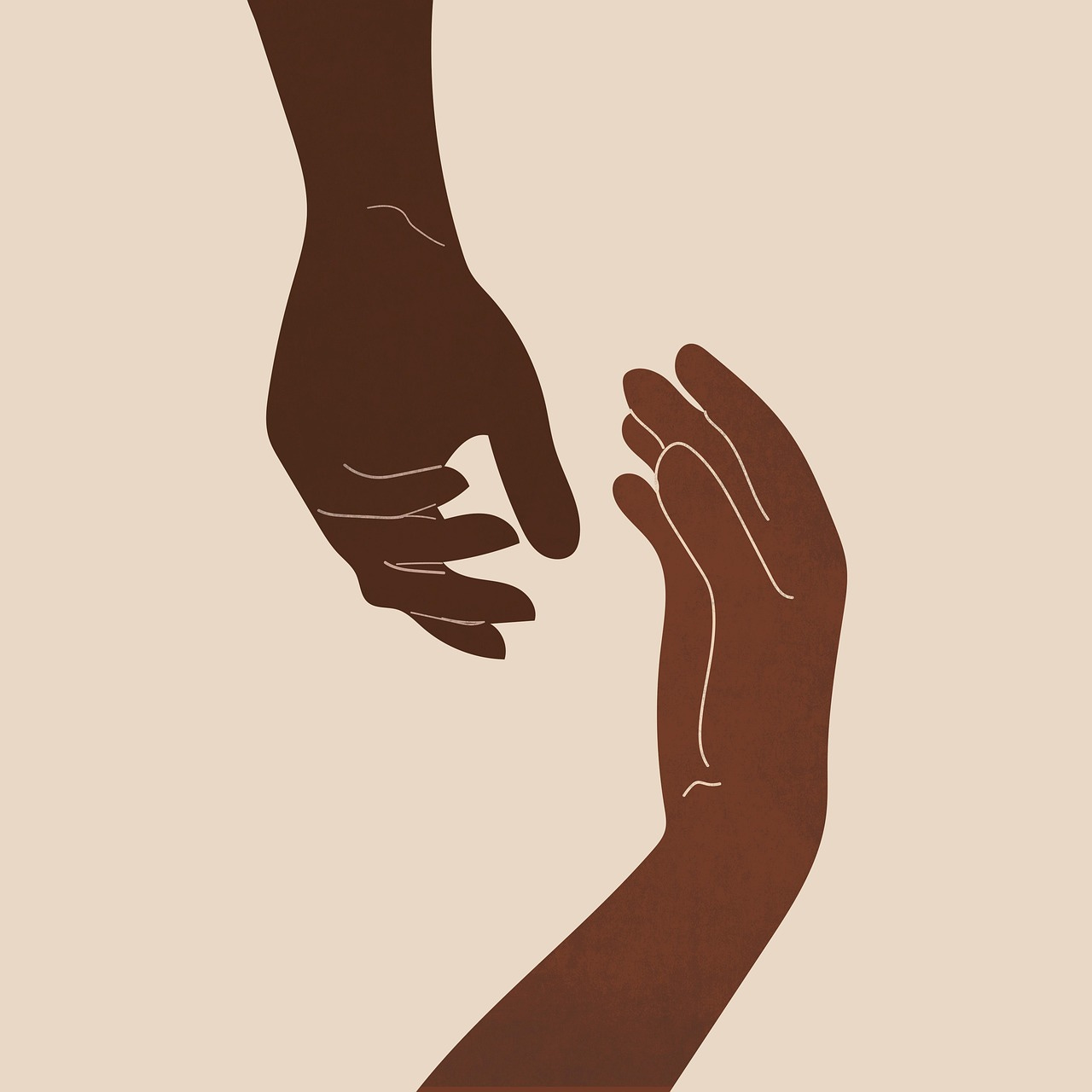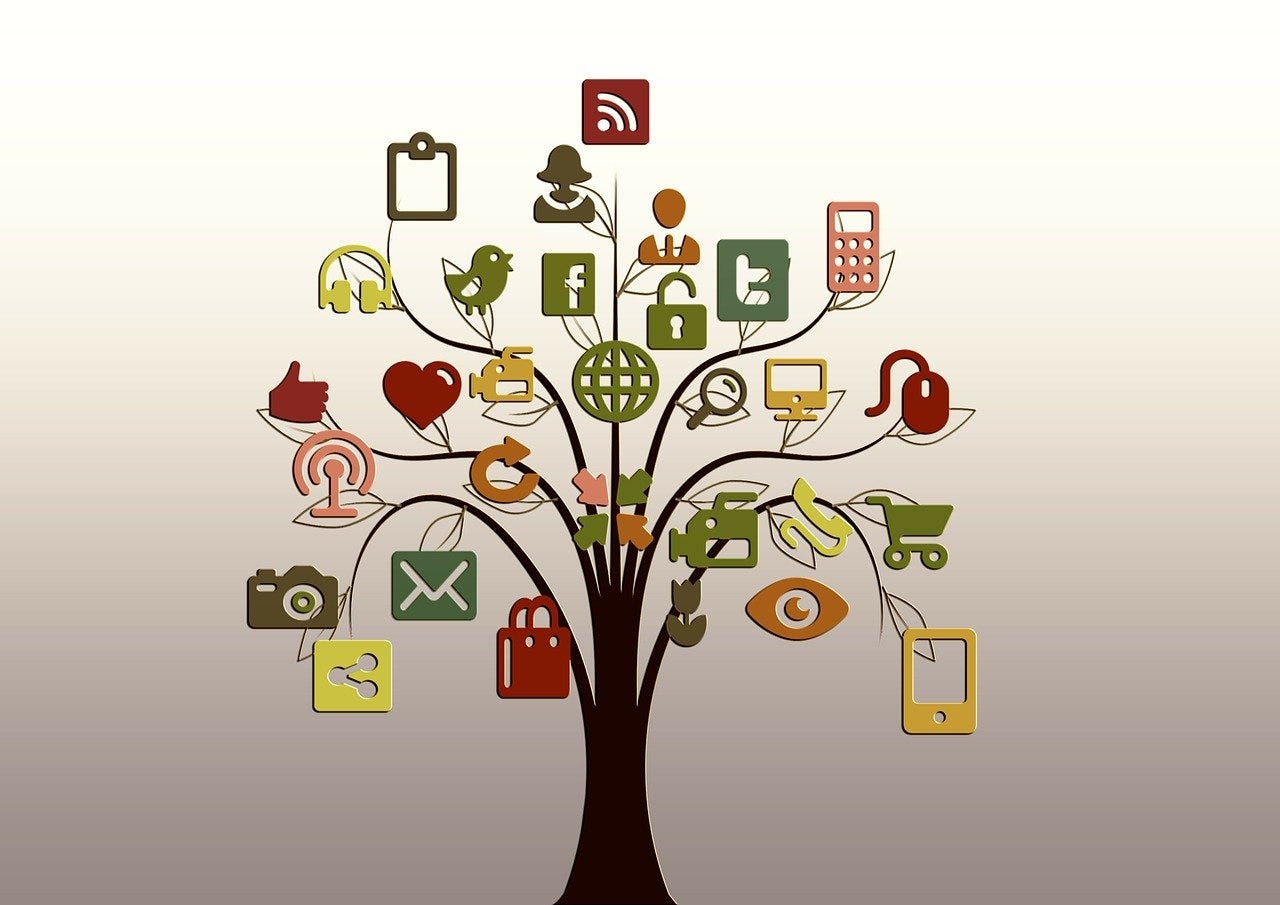Your body image does not define you.
How stereotypes and stigma ultimately lead to a distorted body image
"I'm fat and ugly," the client told her nutritionist, who replied that they would reduce the amount of fat in her diet.
"I'm fat and ugly," the man said to his trainer, who told him that they would increase the weight of his repetitions and put him through a tougher workout until he lost those pounds.
"How am I going to lose weight?" wonders a mentally ill patient who takes a bunch of medications, medications that not only increase his appetite for food but also for sleep, leading to a reduction in exercise and good nutrition.
The answers to all these questions, as well as the way specialists treat their clients, will ultimately determine their lives to a large extent.
But why should a response and a few thoughts have such a profound impact on a person's life? Why is it important to be mindful of what we "consume" from social media, and what ultimately matters?
Let's start from the beginning. First of all, our thoughts are not facts. They are just thoughts. They have power because if we don't control them, they can create emotions. Emotions that are pleasant, unpleasant, explosive, calm, but whatever they are, they are unique. These emotions, in turn, will lead to actions or deeds, which in turn will determine our path.
Sure, we may feel that if we go on a restrictive diet, exhausting nutrition, or don't eat for days, we will have control over our thoughts or emotions. But this is not true. Why? Because other external factors come into play.
What are they? Our family, school, university, work, or society, our friends, social networks, and everything else that ultimately sustains our system.
These factors influence us, depending on our relationship with them. And so, our decisions change.
For example, if the media we watch broadcasts positive and humane messages, then we will tend to be more optimistic. If the media we follow does not promote the toxic culture of self-improvement and constant "physical perfection," then we will accept our bodies and minds as they are.
But if it is toxic, fast-paced, and only wants our money, either directly or through advertising, then stereotypes, taboos, and stigma are created. Why? Because you are not enough. And when you are not enough, you want more. And when you want more, you buy. That's where they come in.
Either with your money or your time...
What we consume from social media, but also from the channels we watch, is very important for our mental health. Why? Because, quite simply, we identify with them and make them part of our personality.
Of course, it doesn't matter how much we weigh to be happy. However, as with everything, balance is needed. A golden mean that helps us to be as healthy physically as we are mentally and emotionally. Bullying and body shaming certainly don't help, especially in a society that cares only about profit.
In conclusion, stigma and stereotypes can take many forms. Some are mild, while others are more powerful, but all can influence us. It is important to be aware of the media we consume and to maintain a balance between what is healthy and what is pathological, always based on science and not on stereotypes and society's distorted views.



